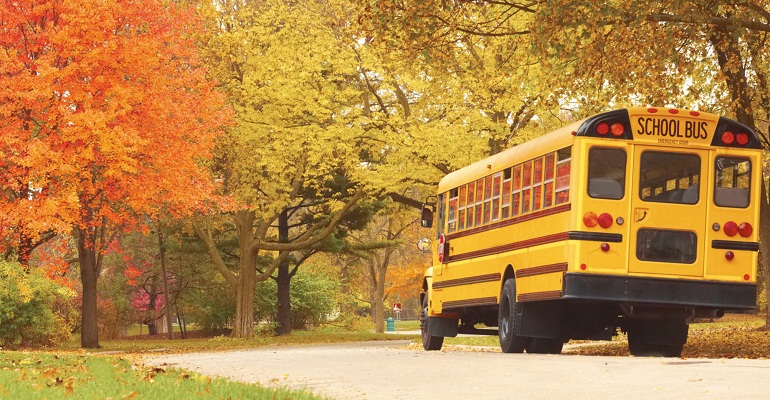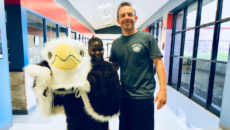Before becoming an adoptive parent, I had never written a letter to the editor of a magazine nor joined in advocacy for any cause in a strong, personal way. But when the choice my husband and I had made for adoption was questioned—and my own children were affected—I was driven to action.
In February, we arrived home from Russia with our son, James Kolya, then four, and our daughter, Emma Vika, just over 21 months. By the time we enrolled our son in preschool, a few months later, I already had been questioned by a neighbor—as I pushed my daughter in her stroller—“Do you know anything about their real parents?” I mistakenly assumed that education professionals would use more appropriate language. But a teacher at my son’s school asked the very same question. I was stunned by how frequently it happened.
The following year I attended a seminar presented by The Center for Adoption Support and Education (C.A.S.E.), in Silver Spring, Maryland. I was delighted to learn that C.A.S.E. offers adoption programs for teachers addressing children’s adoption understanding at different ages, how to present adoption positively, and how to adjust assignments to reflect differing family make-up. I assumed the schools and preschools in my community would welcome this excellent resource.
Meeting with Resistance
Before my son started kindergarten in the public school system, I wrote his school’s principal to suggest the excellent C.A.S.E. program. Although she expressed appreciation for the information, she said that all available time for teachers during the year was already booked. I sent two more letters. Though I was unsuccessful in having the school provide the program to staff, the school’s monthly newsletter to families included information about C.A.S.E.
I also wrote to the director of my daughter’s preschool, and again I met with resistance to the C.A.S.E program. I followed up with a letter to my child’s teacher, enclosing the C.A.S.E. newsletter. I asked if I might read an adoption story to her class during November, National Adoption Awareness Month. She agreed, and the reading seemed to be successful. In a subsequent conversation with my daughter’s preschool director, I suggested that the transition period before the start of the school year would provide an excellent time to present the C.A.S.E. material to the staff. The director agreed to allow 30 minutes—for a program that can easily take two hours. Nevertheless, I was pleased to help teachers learn more about fostering positive adoption awareness.
In the session at my daughter’s preschool, the teachers were full of questions. However, when asked how they would handle another child’s questions to an adopted child, the teacher who had asked about my children’s “real” parents said she would let the adopted child answer. It’s hard enough for adults to respond to intrusive questions; why should a preschooler be expected to handle them without support?
After the C.A.S.E. presentation, the preschool sent home the birthday form it’s always used, asking for something that many adopted children don’t have—a baby picture. I submitted a revised version of the form, suggesting “when I was younger” instead of “when I was a baby.” It’s clear that the school could use a second presentation.
When our son transferred to another elementary school, we hoped his new principal might be more receptive to a program on adoption. But calls to my son’s teacher and the school counselor met with avoidance. At the school’s orientation, I noticed that the PTA asked for program suggestions, so I submitted a proposal. At last, a positive response! The PTA program took place in early spring, and the crowd that attended—school staff, adoptive parents, and non-adoptive parents—engaged in a lively discussion. I hope that this can become a yearly program, perhaps held in celebration of National Adoption Awareness Month.
There are many ways to help children, adopted or not, feel that adoption is a great way to build a family. It often begins with parents as advocates, taking small steps, pushing for their schools and communities to cooperate. The important thing is to persevere. We support each other by insisting on respect—in schools, in the media, and in our communities—for all families.


